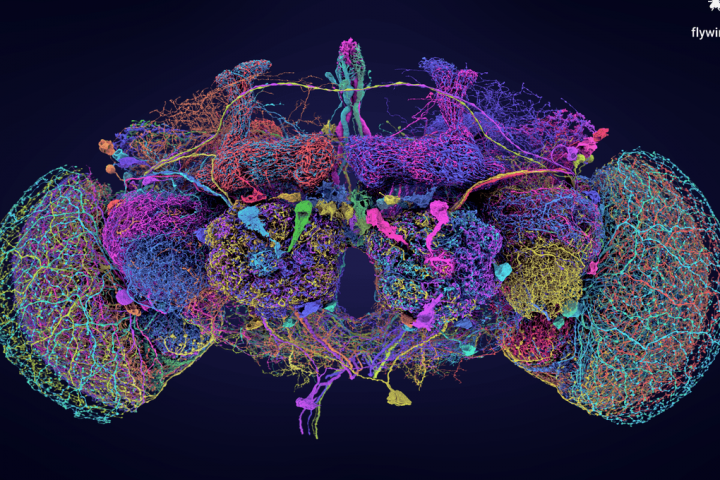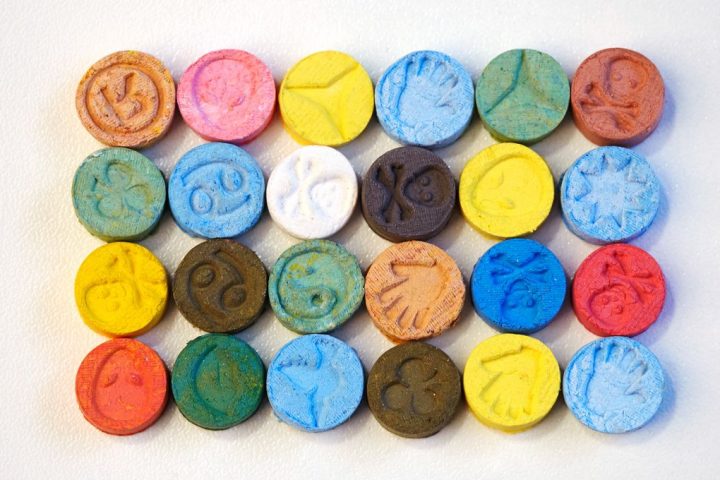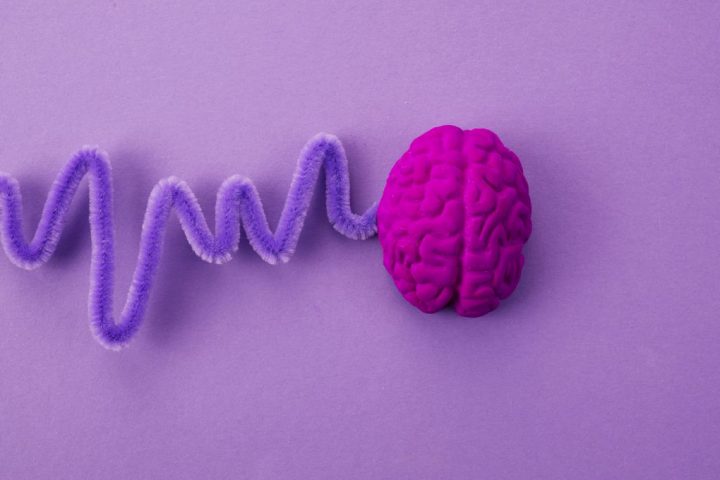Since the pandemic, people have been reporting impaired cognitive ability months after being infected with COVID-19. These claims have not only been made by individuals, but have also been confirmed through objective testing. According to two studies, cognitive deficits increase with the severity of the illness during the initial infection. People who required respiratory support or mechanical ventilation experienced a deficit similar to someone aging 20 years, from 50 to 70 years old. Another study conducted in the UK revealed structural changes in patients’ brains before and after infection.
However, most of the existing research on long COVID has been limited to small hospital cohorts and shorter-term follow-up assessments. Additionally, none of these studies have compared COVID-positive cases to a negative control group or investigated whether recovery from long COVID leads to improved cognitive performance.
A new study aimed to address these gaps. Researchers examined the impact of COVID-19 on participants’ cognitive performance, including working memory, attention, reasoning, and motor control, through two rounds of online cognitive testing in 2021 and 2022. Over 3,000 participants were recruited from the COVID Symptom Study smartphone app, launched in the UK in March 2020. All data was collected with informed consent.
The participants most affected by cognitive impairment were those who experienced COVID-19 symptoms for 12 or more weeks. These individuals showed signs of cognitive decline equivalent to 10 years of aging.
During the second round of testing, which occurred nine months after the first test, these participants did not show significant improvement in their scores. By this point, it had been almost two years since most of the participants were initially infected with COVID-19.
However, the researchers discovered that participants who felt fully recovered from their COVID-19 infection performed similarly to those who had not contracted the virus.
“Our findings suggest that, for people living with long-term symptoms after having COVID-19, the effects on mental processes such as word and shape recall are still detectable almost two years after the initial infection,” said lead author Dr. Nathan Cheetham, a Senior Postdoctoral Data Scientist at King’s College London.
Dr. Cheetham added, “However, the good news is that COVID had no effect on the performance of those who felt fully recovered, even if they experienced symptoms for several months and could be considered as having ‘long COVID.’ This study highlights the importance of monitoring individuals whose brain function is most affected by COVID-19 to understand the continued development of their cognitive symptoms and provide support for their recovery.”
According to study author Professor Claire Steves, a Professor of Ageing and Health at King’s College London, the results of the study indicate the need for further exploration into the impacts of COVID on certain individuals.
“The fact remains that two years after their initial infection, some people still do not feel fully recovered, and their lives continue to be affected by the long-term effects of the coronavirus,” Steves said. “We need more research to understand why this is the case and what can be done to help.”
The study has been published in eClinicalMedicine.








